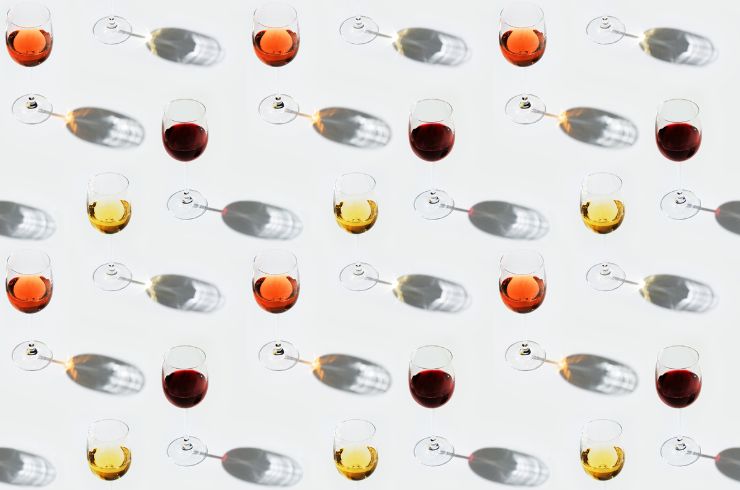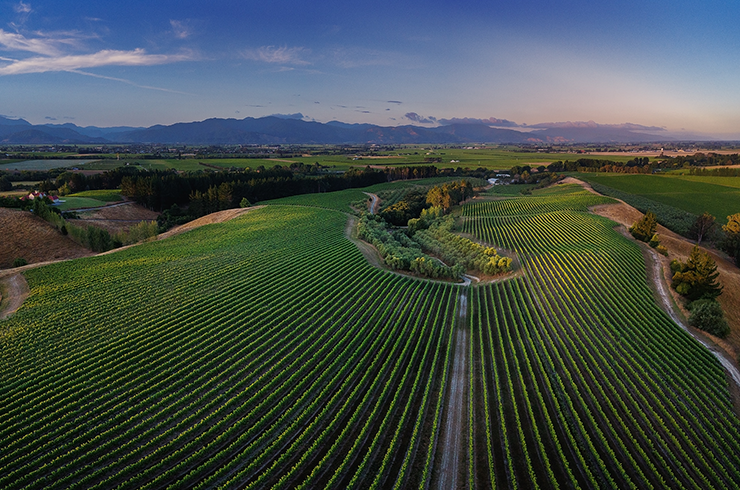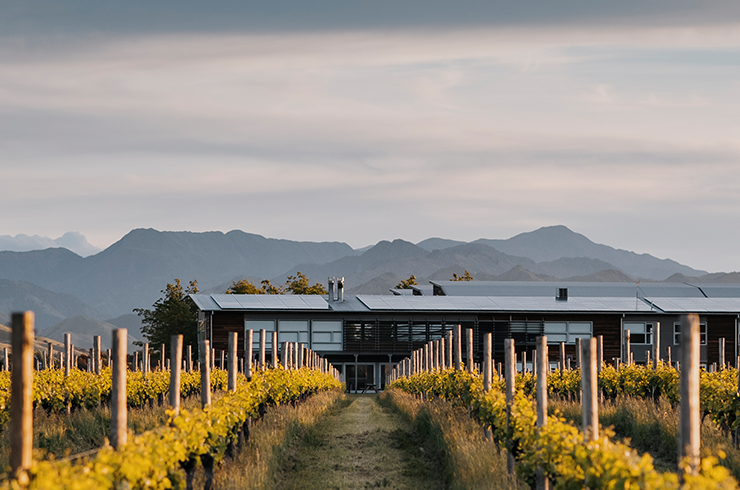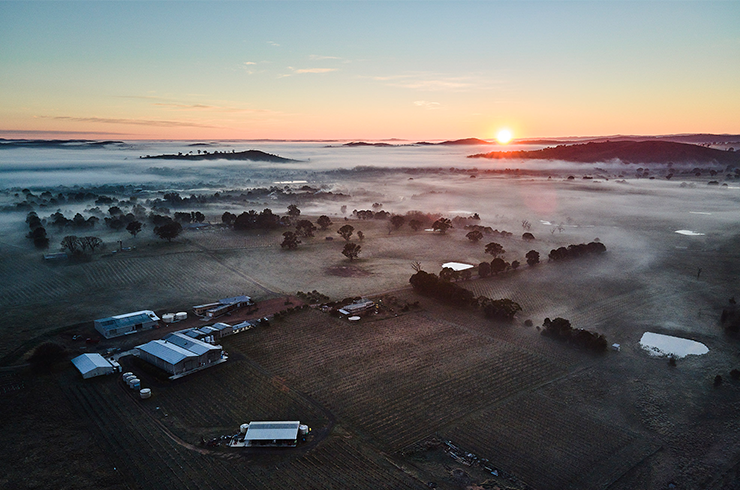For the team at Taltarni, working with sustainable methods is not about being progressive; it’s the only way. As chief winemaker Robert Heywood explains, it is about protecting their natural capital.
“We see that if we put into the land, it’s going to give back to us. It’s about improving that asset and ensuring longevity to continue producing quality,” Robert says. “In the past, a lot of agricultural techniques have been about taking and taking, but at some stage, that will come back to bite. So we’re all about doing everything the right way.”
One of the team’s biggest focal points in recent times has been to plant specific native flora between their vineyard blocks in order to draw in native insects. Robert calls them “the unseen army” because they minimise, if not eradicate, traditional vine pests. “By increasing these populations, they are going out to the vineyard and replacing chemicals,” Robert says. “We know what plants we want in particular corridors in the vineyards, so we’ve been creating homes for the insects we need to attack the pests.”
This has resulted in a significant drop in Taltarni’s chemical use and Robert notes that when pests have impacted neighbouring vines, Taltarni hasn’t been affected to the same degree. “When you get these outbreaks, it can really affect the fruit quality, so this is a simple way to avoid it,” he explains.
Among the other practices in place, Taltarni is now putting all of its grape marc under the vines; “We’re composting this waste and placing it in the vineyards, which boosts the biodiversity in the soil. You can really see the effects.” They do the same with paper waste from all winery departments – it gets pulped and put into the gardens and vines.
Taltarni also now has its own beehives to improve pollination of the vines, and it uses 100 per cent rainwater as opposed to town water. “Irrigation is a majority run-off with a small proportion of bore water. It’s so beneficial for the wine quality and ethos of the winery. You really do see the benefits,” Robert says. “We are also 25 per cent solar and looking to go to 50 per cent in the next two years.”
Throw in the fact they are working to reduce plastics, cartons and glass, and using recycled products for labels and anywhere else possible, and it’s clear that a holistic program is in place. It all helps them craft the wines they want to make.
“We’re focusing on regionality and making wines that are a true reflection of the vineyard,”
Robert says.
Sign up to view these tasting notes and ratings
By becoming a member of Wine Companion, you'll have access to the largest database of wines in Australia.
Latest Articles
-
Wine Lists
The 50 most popular wines of 2025
just now -
Wine Lists
A snapshot of top New Zealand wines (all rated 91 points and above)
2 days ago -
Behind the label
Taste Aotearoa: Get to know these five New Zealand wineries
2 days ago -
Wine Lists
Just in: 14 newly reviewed wines to try this December
17 Dec 2025



